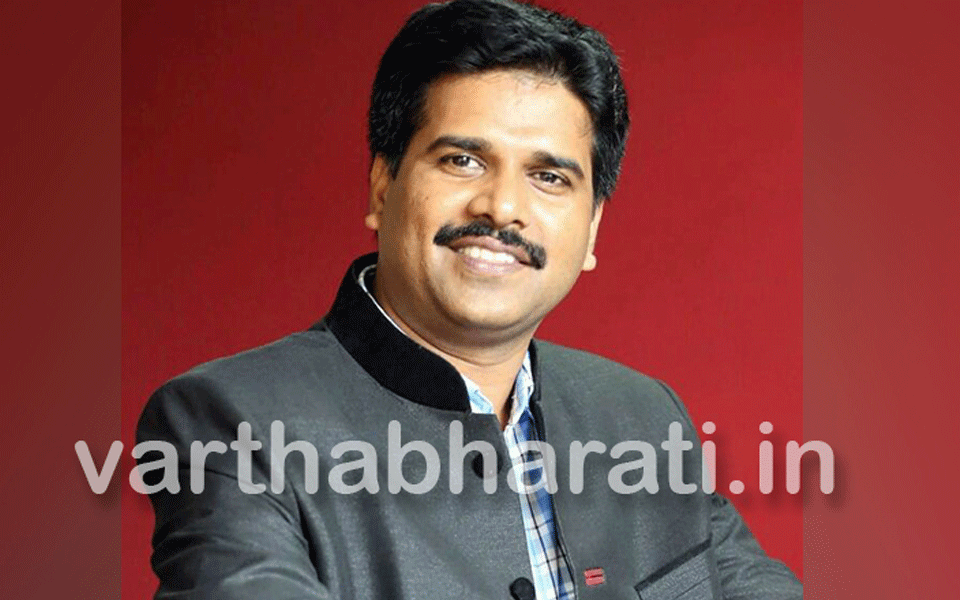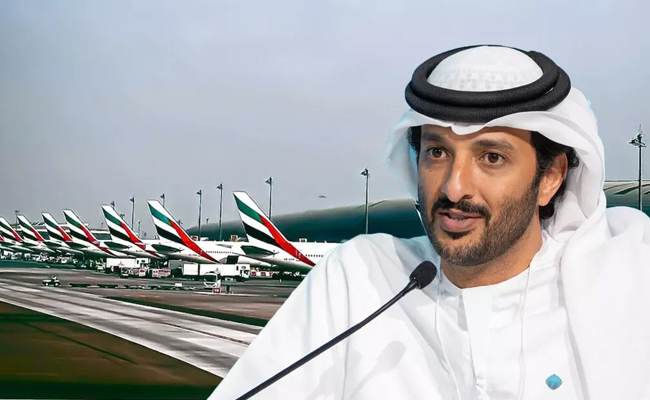Bantwal, May.11: Vishweshwaraiah technical university has conferred doctorate degree to Musthafa Bastikodi, Computer Science and Engineering section chief at Beary's Institute of Technology in Mangaluru.
Bastikodi earned this doctorate for his essay on Programing paradigm for parallel architectures of High performance computing field.
Dr. Wasim Ahmed, professor at King Abdul Aziz University, Jeddah had provided guidance and Dr. Chandrashekar, professor at NITK, Surathkal had assisted Musthafa Bastikodi to prepare this essay. He had tabled his essay in University of Central Florida, Orlando and at International conference held in USA.
Musthafa Bastikodi is the son of H. Abdul Rahman and Jameela of Vamadapadav.
Let the Truth be known. If you read VB and like VB, please be a VB Supporter and Help us deliver the Truth to one and all.
Udupi: Manju Kola, husband of former Udupi City Municipal Council Vice-President Lakshmi Manjunath and a Hindutva organisation leader, was stabbed during a meeting held to settle a dispute related to a love affair at Malpe on Tuesday night.
Police have arrested five accused in connection with the case.
According to information available, Manju Kola had reportedly called for a compromise meeting near Malpe beach in the Palimaru area on Tuesday evening to resolve an issue involving a couple. During the discussion, a heated argument broke out and a youth allegedly stabbed Manju Kola.
He sustained injuries to his abdomen and collapsed. He was immediately shifted to a private hospital in Udupi for treatment.
Udupi Superintendent of Police Hariram Shankar said that five accused have been arrested in the case. As per preliminary investigation, the incident appears to have occurred due to personal reasons. He clarified that there is no communal angle to the incident and urged the public not to spread rumours.
The injured Manju Kola is out of danger and his condition is stable, the SP said.





